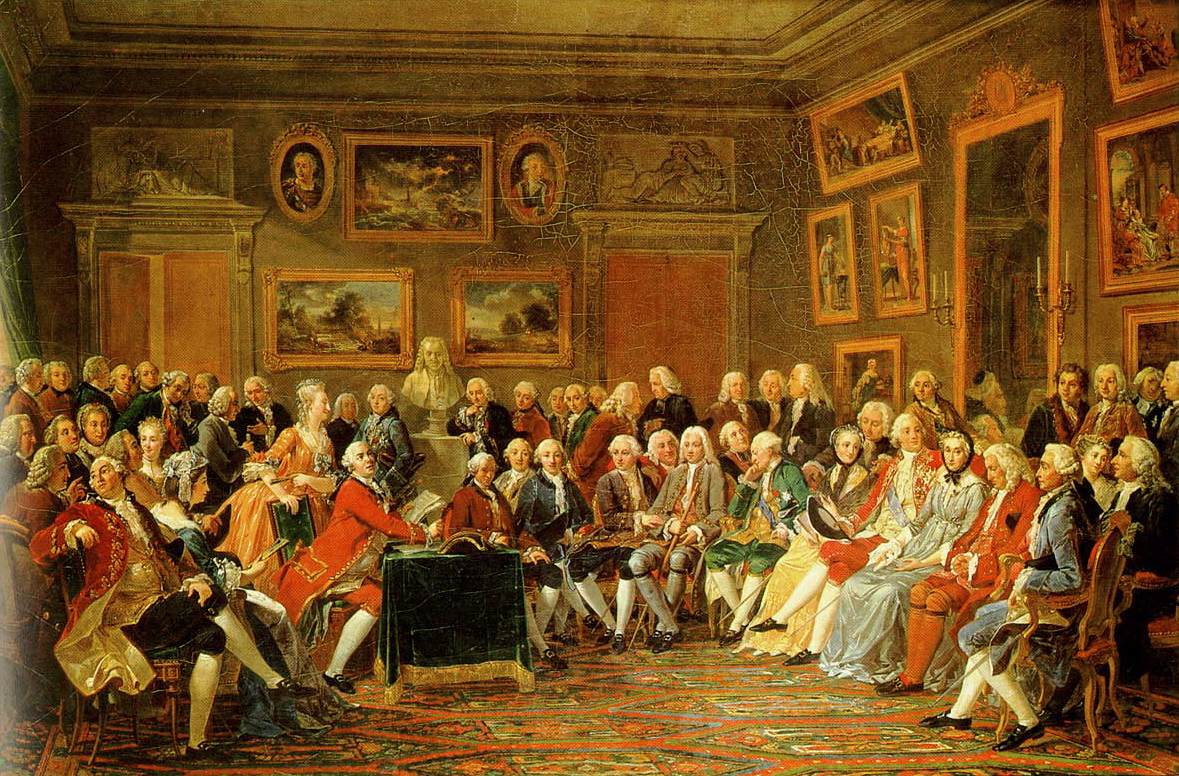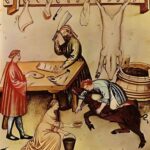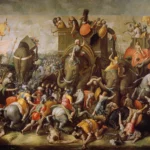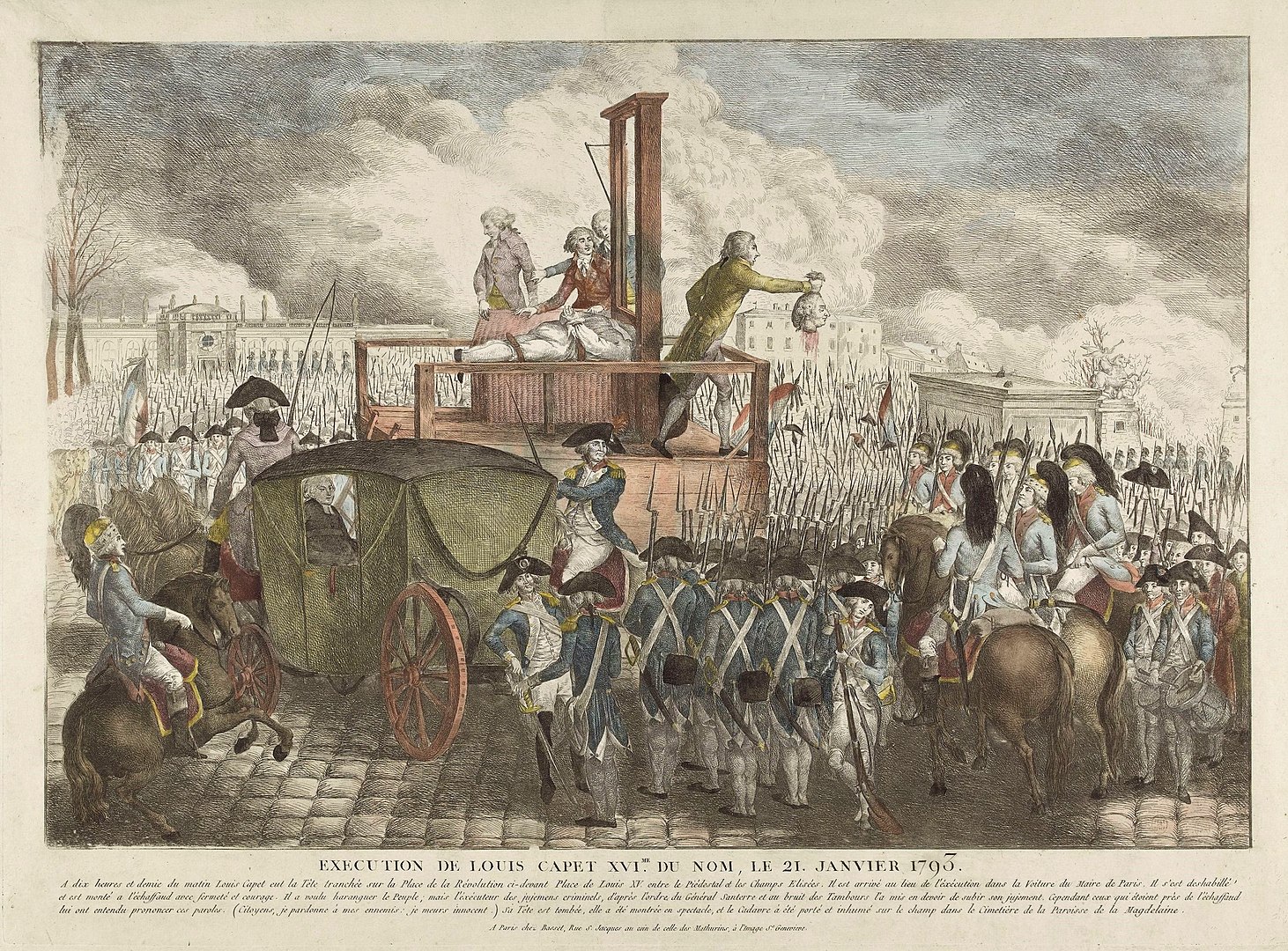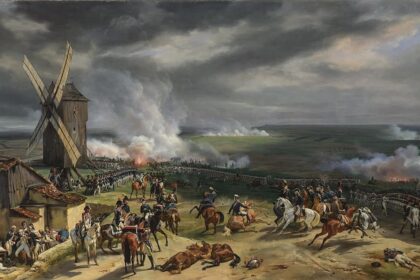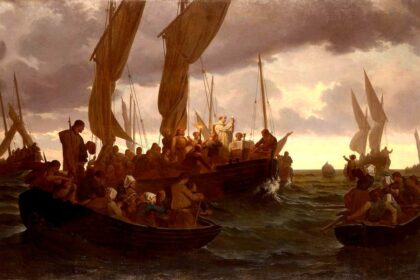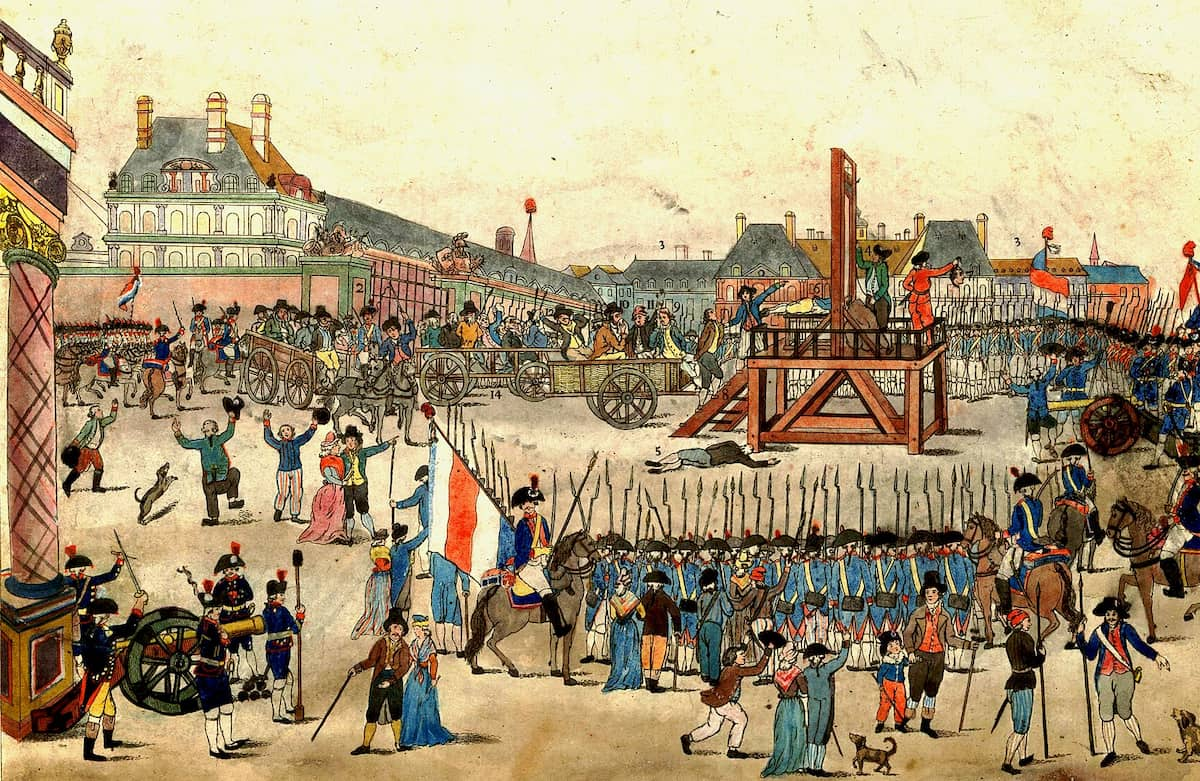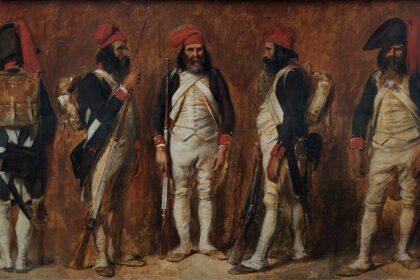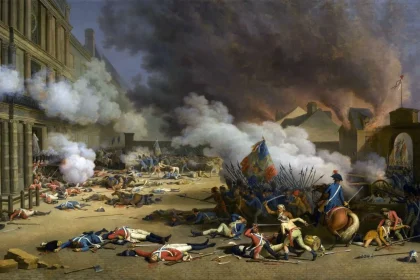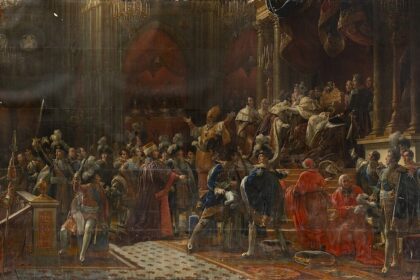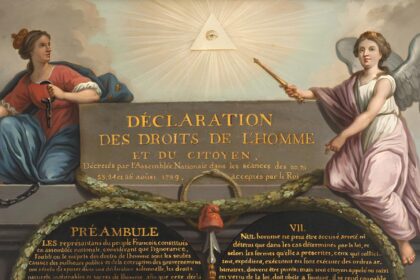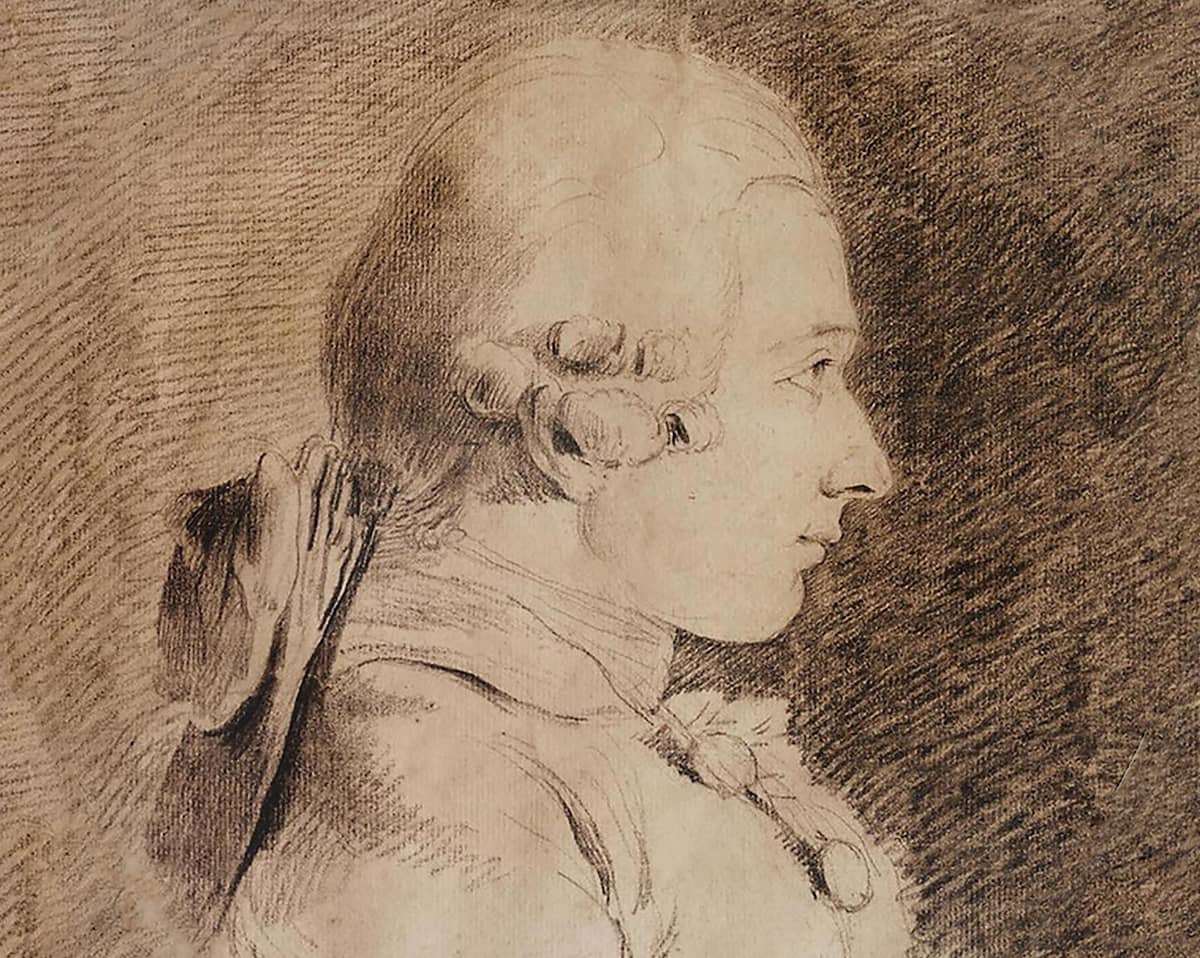From around 1715 until 1789, Europe saw a cultural upheaval known as the Age of Enlightenment, which is best characterized as a literary and intellectual revolution. The Enlightenment thinkers sought to ensure that all individuals had equal opportunities to pursue truth, liberty, and happiness. They criticized established religion, fought against absolute monarchy, and spoke out against social injustice. Equal rights advocates opposed slavery as well. While Montesquieu focused on the separation of powers, Voltaire took on religious fundamentalism and judicial injustice, while Rousseau emphasized popular sovereignty. Diderot spent twenty years creating a universal Encyclopédie.
- What was the historical context of the Enlightenment?
- What was the literary movement of the Enlightenment?
- What were the means of diffusion of the ideas of the Enlightenment?
- Who were the main philosophers of the Enlightenment?
- How did Voltaire participate in the Enlightenment?
- How was slavery perceived by the philosophers of the Enlightenment?
- Why did the Enlightenment challenge religion?
- TIMELINE OF THE ENLIGHTENMENT
What was the historical context of the Enlightenment?
Historically, the Enlightenment began with the death of King Louis XIV in 1715. This way of thinking flourished as a result of a hospitable intellectual atmosphere. The failure of monarchs to develop the State was drawing increasing criticism of the monarchy. The middle class expanded their influence. It aimed at the inequality and privilege enjoyed by the nobility. Additionally, religion was mocked. Also happening in the 18th century were groundbreaking innovations (like the steam engine) and extensive travel. The development of philosophy was influenced by scientific progress and major discoveries. Colonization and trade both prospered as a result. The continent of Europe became more accessible to the rest of the globe.
What was the literary movement of the Enlightenment?
From 1715 through 1789, this literary movement fought against obscurantism (darkness) and for universal access to information (the Enlightenment). It professed tolerance and secular development as its god. The Enlightenment’s thinkers and authors set out to prove, among other things, that happiness—or at least the pursuit of it—ought to be everyone’s top priority. They challenged the people of their day to think for themselves, reject dogma, and cultivate a healthy dose of skepticism. They were also active in the battle against religious bigotry. Just before the French Revolution, these ideas were rehashed in the Cahiers (lists of grievances).
What were the means of diffusion of the ideas of the Enlightenment?

Salons, publications (despite censorship), and a few “enlightened despots” throughout Europe all contributed to spreading the ideas of the Enlightenment’s thinkers. Those who wanted to convey their ideas did not shy away from extensive travel, and this included many philosophers. Both Voltaire and Diderot served Catherine II of Russia; Voltaire with Frederick II in Prussia and Diderot in Russia. In North America, the concepts of the Enlightenment were put to the test with the creation of the Declaration of Independence (1776) and the Constitution of the United States (1787). During the Revolution, these ideas were utilized to draft the Declaration of the Rights of Man and Citizen (1789).
Who were the main philosophers of the Enlightenment?
Isaac Newton (who established the law of universal gravitation), John Locke, and David Hume are just a few of the English thinkers that helped pave the way for the Enlightenment’s literary and intellectual movement. French Enlightenment thinkers who made significant contributions to the cause include:
- Montesquieu, an advocate of the doctrine of the separation of powers (executive, legislative and judicial).
- Voltaire, who spoke out against injustice in the court system.
- The authors of the Encyclopédie, Denis Diderot and Jean Le Rond d’Alembert, set out to democratize knowledge.
- Jean-Jacques Rousseau, in his book The Social Contract, explained the idea of popular sovereignty.
Immanuel Kant and Johann Wolfgang von Goethe both engaged in the Enlightenment movement in Germany.
How did Voltaire participate in the Enlightenment?
François-Marie Arouet, more often known as Voltaire, was a major thinker and writer during the Enlightenment. His goal was to condemn bigotry of all kinds, especially religious extremism, and he spoke out against unfair trials. After the public outcry over the Calas tragedy (a Protestant was unjustly accused of murdering his son), he was inspired to write the Treatise on Tolerance, one of his most influential writings.
He made social critiques of his time and place in the philosophical story Candide. As a result of his publications, Voltaire spent time in the infamous Bastille jail (after an argument with the Chevalier de Rohan, and after having openly criticized the Regent). Most of his works were banned from publication.
How was slavery perceived by the philosophers of the Enlightenment?
One of the primary goals of Enlightenment thinkers was the eventual elimination of slavery. They advocated for an end to injustice and equality for all men. Slavery and the rule of law were two concepts Rousseau deemed to be incompatible with one another in his landmark work, The Social Contract. Voltaire, in his book Candide or Optimism, included a chapter called “The Negro of Surinam,” in which he criticized the treatment of slaves. In his History of the Two Indies – Book XI, Diderot criticized the institution of slavery.
Why did the Enlightenment challenge religion?
All of the conventional wisdom about religion was called into question by the Enlightenment. Religions came under fire from philosophers because they were seen to place more emphasis on faith than reason. Voltaire condemned the intolerance that could result in the killing of individuals who did not practice Catholicism, which was a particular focus of the attacks (Jean Calas murder). Philosophers were generally of the opinion that God exists (Voltaire said that he is the great watchmaker of the universe). However, they adamantly opposed to any religious practices.
TIMELINE OF THE ENLIGHTENMENT
Voltaire was imprisoned on May 16, 1717
After publishing satirical descriptions of the Regent and his daughter, the Duchess of Berry, Philippe d’Orléans had the youthful François-Marie Arouet, then 23 years old, locked up in the Bastille on his orders. After eleven months, he was still locked up. In jail, he adopted the pen name Voltaire and started work on his masterpiece, Oedipus.
October 1747: The “Encyclopédie” project is launched
Diderot’s ambition to compile all of humanity’s knowledge led to the publication of the first encyclopedia. Diderot and d’Alembert, the project’s directors, gathered several writers, including Montesquieu, Buffon, and Voltaire, to work on the encyclopedia together.
It took 20 years from 1751, when the first two volumes were published, until 1851, when the last volume of the Encyclopédie was released. Because Diderot intended to make education accessible to everyone, including the illiterate, he included several drawings throughout the book.
1748: Montesquieu publishes “The Spirit of Laws”
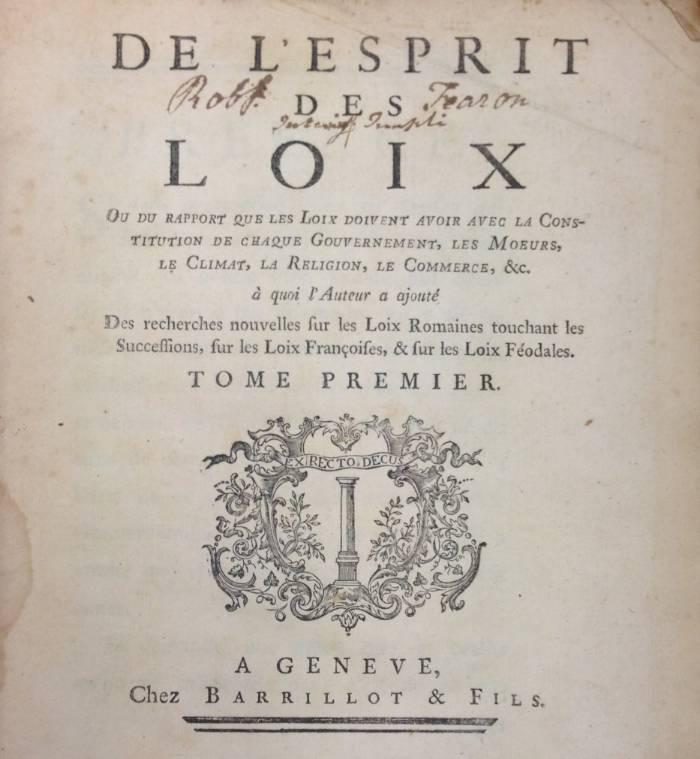
A discussion of the separation of powers and other topics important to political philosophy were presented in this work (monarchy, despotism, democracy). This is why Montesquieu was so against absolute monarchy and advocated for the separation of powers seen in the English system. The Spirit of the Laws was published in Geneva without the author’s identity, perhaps to circumvent censorship. There are a total of 31 books.
July 24, 1749: Diderot is imprisoned in Vincennes
Diderot wrote “Letter on the Blind for the use of those who can see” (“Lettre sur les aveugles à l’usage de ceux qui voient”) in 1749, in which he argued that each person’s view of the world is unique due to their individual sensitivity. Because of his atheistic outlook, he ended up spending three months in a cell in Vincennes. Jean-Jacques Rousseau paid him a number of visits.
February 7, 1752: The Encyclopédie is censored
First two volumes of Diderot’s Encyclopédie appeared in print in 1752. The King’s Council, however, found fault with them because they encouraged rebellion and independence and included sections that sought to undermine royal authority.
The first two volumes were consequently deemed unsuitable for public consumption by the Council of State. Malesherbes (who oversaw the censorship) was instrumental in allowing publishing to restart in 1753.
March 1755: Publication of the “Discourse on the Origin and Basis of Inequality Among Men”
Jean-Jacques Rousseau’s vision of humanity and his thoughts on its potential for improvement were the subject of this article. He went on to blame the idea of private property for all forms of inequality and injustice. When this speech was published, Rousseau was religiously condemned by the Catholic Church for denying the reality of original sin.
September 3, 1759 – Pope Clement XIII condemns Diderot’s Encyclopédie
Unfortunately, the church did not approve of the first two volumes of the Encyclopédie before they were released. They both challenged the veracity of certain religious miracles and competed with the Dictionnaire de Trévoux, which the Jesuits were printing at the same time. The encyclopedists, encouraged by Malesherbes, proceeded to issue volumes until the seventh was issued, at which point Pope Clement XIII ordered the destruction of the whole work.
1761-Rousseau tries to publish his “Social Contract”
Rousseau’s life was marked by a raging dispute that began with the publication of the Social Contract in the same year as Emile or, On Education. The philosopher, in fact, adopted a free and equitable approach to the idea of popular sovereignty. Officials in Geneva demanded that copies of the Social Contract be destroyed in 1762.
1762: First draft of “Rameau’s Nephew”
In the Rameau’s Nephew, Diderot’s philosophical debate “Moi” and “Lui,” the nephew of musician Rameau, were the protagonists. Two main characters discussed atheism, materialism, and the similarities and contrasts between humans and other animals, among other topics. In this tale, Diderot explored morality from several angles, including those of education, music, and society.
August 1769: Diderot writes “D’Alembert’s Dream”
There were three conversations in this intellectual work, “le Rêve de d’Alembert”. The first, “Entretien entre D’Alembert et Diderot,” was where the writer laid out his materialist beliefs for everyone to see. “D’Alembert’s Dream,” the sequel, was where Diderot fully articulated his philosophy about the nature of dreaming, reality, myth, and illusion. In the third, titled “Suite de l’entretien entre D’Alembert et Diderot,” the authors discussed ethical dilemmas. It wasn’t until 1830, after the author’s death, that the book saw print.
1772 – Publication of the “Supplément au voyage de Bougainville” (Addendum to the Journey of Bougainville)
Denis Diderot’s philosophic novel was a sequel to “Voyage autour du monde” from the previous year. The two protagonists, A and B, have an open debate regarding various parts of the journey. There was a focus on the contrast between the liberalism of Tahitian values and the stultifying norms of the Enlightenment.
August 25, 1776-Death of David Hume, Scottish philosopher
David Hume was born in 1711 and died on August 25, 1776; he was a Scottish philosopher, economist, and historian. He was one of the leading intellectuals of the so-called “Scottish Enlightenment.” He was an early advocate of using scientific experimentation to better understand and cure mental disorders, and is generally regarded as one of the most skeptical thinkers in history. He had a key influence on Kant, analytical philosophy, and phenomenology, in contrast to Descartes.
May 30, 1778-Death of Voltaire, French writer and philosopher
Voltaire, or François Marie Arouet, was a French philosopher and author who lived from 1694 until his death on May 30, 1778. He was a prominent member of the philosophical party, which advocated for a more enlightened and tolerant form of monarchy and served as a symbol of the Enlightenment. Throughout his life, he sought the favor of many kings, only to find himself alternatively imprisoned in the Bastille and exiled to England due to his shifting ties with these rulers. His massive body of work includes such classics as “Zadig,” “Candide,” and “Treatise on Tolerance.”
July 2, 1778 – Death of Jean-Jacques Rousseau, French writer and philosopher
Some of the most important Enlightenment ideas came from Jean-Jacques Rousseau, who was born in 1712 and died on July 2, 1778. He wrote extensively on human nature, social organization, and educational theory, and his ideas had a significant impact on the French revolutionaries. The author of canonical works including “Discourse on Inequality,” “Julie or the New Heloise,” and “On the Social Contract,” and in 1794, his remains were moved to the Pantheon by the revolutionaries.



